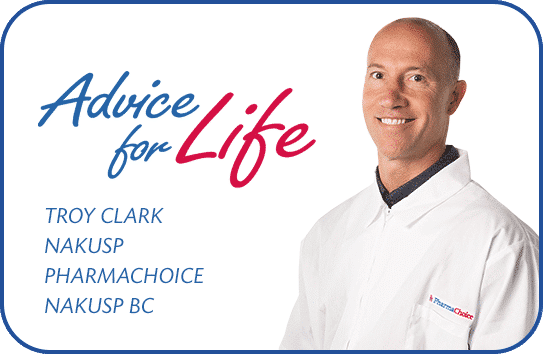Most people don’t worry about what they eat. However, food allergies are serious and potentially life-threatening. Allergic reactions to food can occur without warning, are alarming and uncomfortable. Allergic reactions can range from mild reactions to anaphylactic shock which can lead to death. Even trace exposure to these food allergens may be fatal.
Food allergy symptoms may include:
Airways and breathing
- Shortness of breath, coughing, wheezing, trouble swallowing, swelling of tongue and lips
Skin
- Rash, hives, face swelling
Gastrointestinal
- Cramp, pain, diarrhea, nausea, vomiting
Cardiovascular
- Dizziness, weak pulse, shock
Other
- Headache, anxiety, sense of doom
As with all allergies, initial exposure may not cause any symptoms as the body determines whether the allergen should be attacked in the future. This “sensitization” can occur at any time, so even if you have been eating peanuts for years, you can develop a peanut allergy later in life.
Allergies often become more severe with successive exposures, hence the alarm of parents for their child’s safety, as the next exposure could be life-threatening. Children cannot discern the hidden threat in tempting food, heightening the need for everyone to be educated on food allergies.
In children, the prevalence of food allergies is higher, and some will “outgrow” their allergy. It’s unknown how this happens and why others continue with their allergy for life. However, persons with several allergies or immune-related conditions such as asthma and eczema are less likely to be desensitized to their food allergy.
There is no known cure for food allergies. Avoidance is the life-preserving method to address this condition, and extreme caution is often exercised by the families and individuals affected. We can all help by understanding the issue, and concerns of those affected. It’s not difficult to soothe concerns by being transparent about what is in your food when serving to visitors.
Knowing common food allergens is a start:
- Peanuts
- Tree nuts
- Milk
- Eggs
- Fish
- Shellfish (crustaceans and mollusks)
- Soy
- Wheat and triticale
- Sulphites
- Mustard
- Sesame seeds
Respectful protocols include:
- Asking if anyone has food allergies prior to your food preparation
- Avoid the use of common food allergens when preparing foods
or
- Indicate what you have used in the food you prepared (ex: recipe card)
- Prepare an entree which does not use a known food allergen to your guest
Treatment for exposure to a food allergen is similar to treating any allergy. If it affects breathing or starts to cause swelling airways including the mouth and tongue, an epinephrine injection needs to be provided immediately and the person needs to be taken to the hospital. Delaying a response is life-endangering.
Notify your pharmacist, and other health care professionals in your circle of care if you have a severe food allergy. Medications may have food allergens or be prepared in settings where your food allergen would be a concern. Your PharmaChoice pharmacist and team can be part of your vigilance.



